Affiliate links on Android Authority may earn us a commission. Learn more.
AT&T may make you pay more for faster 5G speeds — Here's why that's bad

Despite nearly half way through 2019, we are barely into the 5G era of mobile wireless yet. Verizon and AT&T have technically both launched 5G support in the U.S., but it’s for a highly limited number of locations in an equally limited number of metropolitan areas. Indeed, as of this writing. the regular consumer can only get one true 5G phone, the Samsung Galaxy S10 5G, from Verizon (sorry, but the 5G Moto Mod that you can attach to the Moto Z3 doesn’t quite count).
Even though the 5G wireless era has just started, there’s already a hint that it could be a lot different than the current 4G era, and it’s not good news. AT&T CEO Randall Stephenson stated during the carrier’s quarterly conference call with investors on April 24 that he “will be very surprised” if pricing for 5G mobile speeds doesn’t evolve into what they currently are for cable internet price tiers. If you purchase your home internet with a cable company, you know they have various pricing plans based on download speeds. Stephenson said during the earnings conference call that customers for 5G wireless service could be “willing to pay a premium for 500Mbps to 1Gbps speed and so forth.”
To be fair, Stephenson added that sort of business plan is “two or three years away”. However, the fact that he even mentioned a pricing plan for 5G speeds based on download speeds means that the carrier is thinking about it down the road, when its 5G network hardware is more mature and, more importantly, more widely available to the public.
However, even when that occurs, offering tiered prices for faster 5G wireless speeds is still a bad idea. There are several reasons why that sort of business plan would be bad for consumers, but it may ultimately be a bad idea as well for AT&T and for 5G in general.
Wireless mobile internet is not the same as wired home internet… yet.
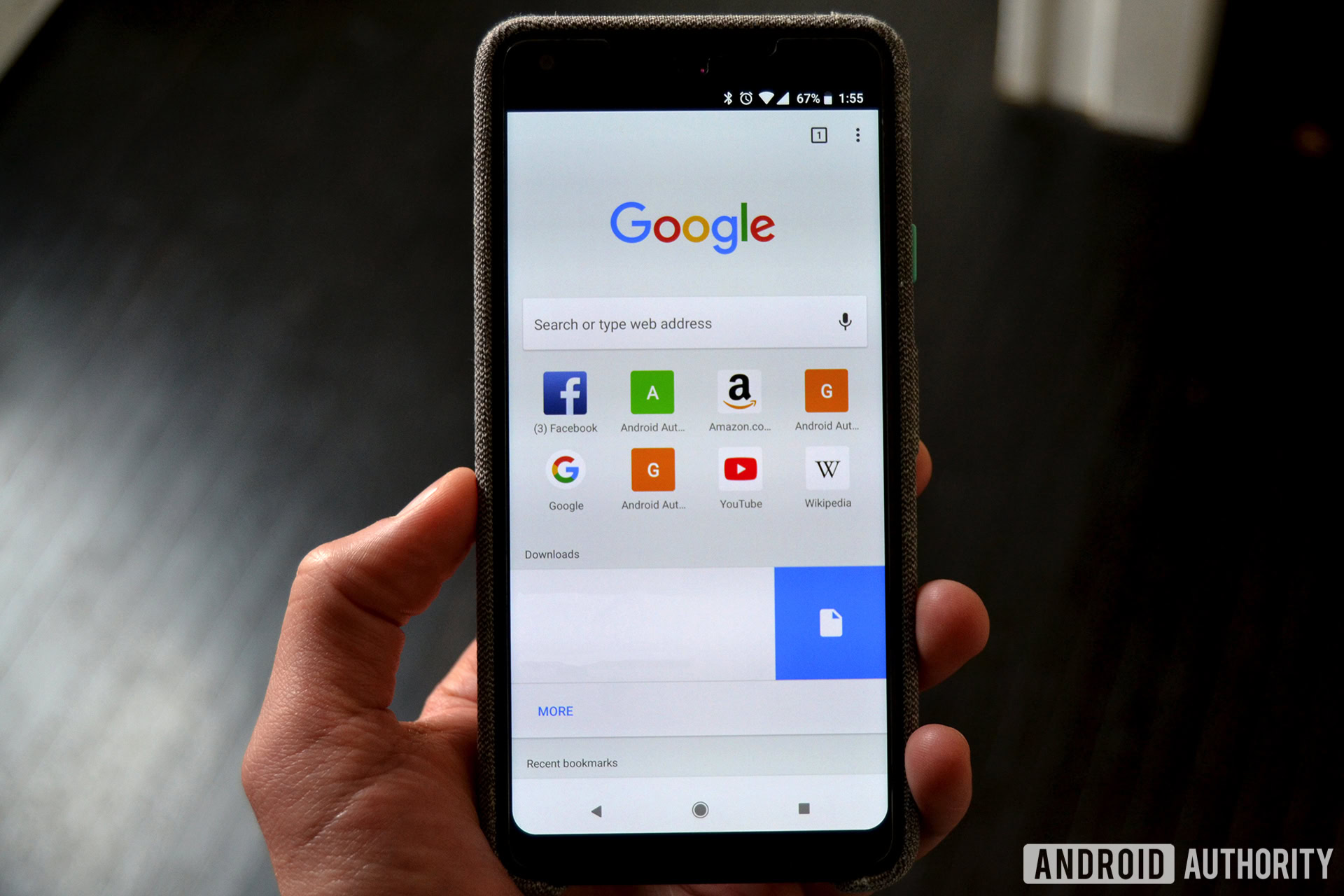
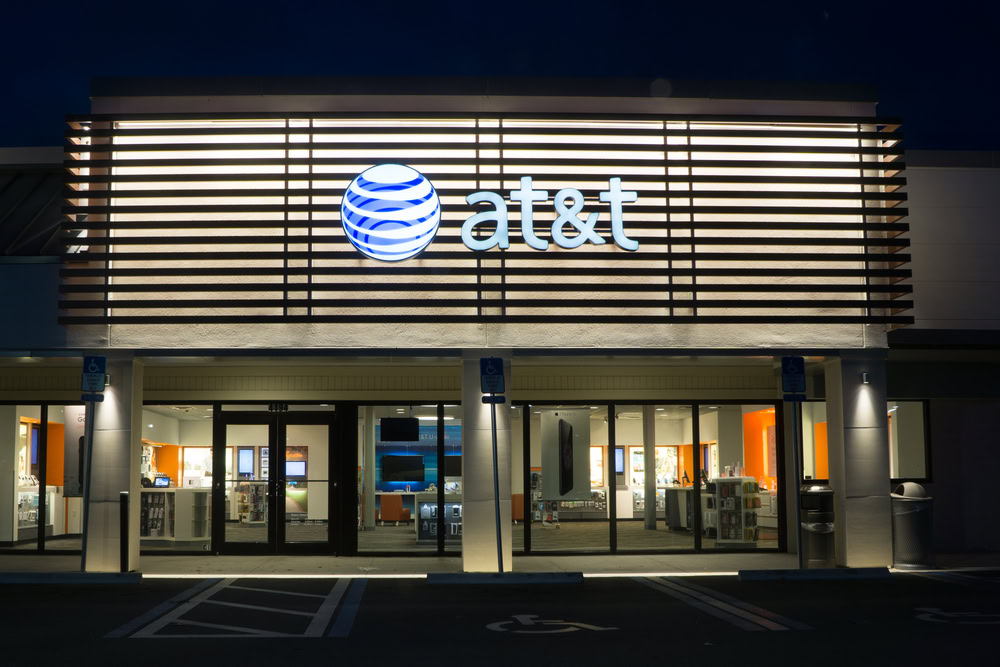
In the current 4G era, wireless signals and speed are typically slower in rural areas, and also in cities where buildings and network congestion can interfere with speeds as well. 5G network speeds will have to deal with these same limitations, at least for the next several years. Even if AT&T does offer faster 5G connections at higher prices, it’s likely that many customers won’t be able to reach those speeds of 1Gbps that Stephenson talked about a few weeks ago, even if they pay for them.
Of course, 5G speeds and network infrastructure will improve in the years to come, so it’s possible that sometime in the future, wireless speeds and connections will be as fast and reliable as wired home internet. However, that likely won’t happen for a long, long time, and let’s not forget that wired internet speeds could also see improvements in the future as well.
A tiered business plan could curtail 5G application development
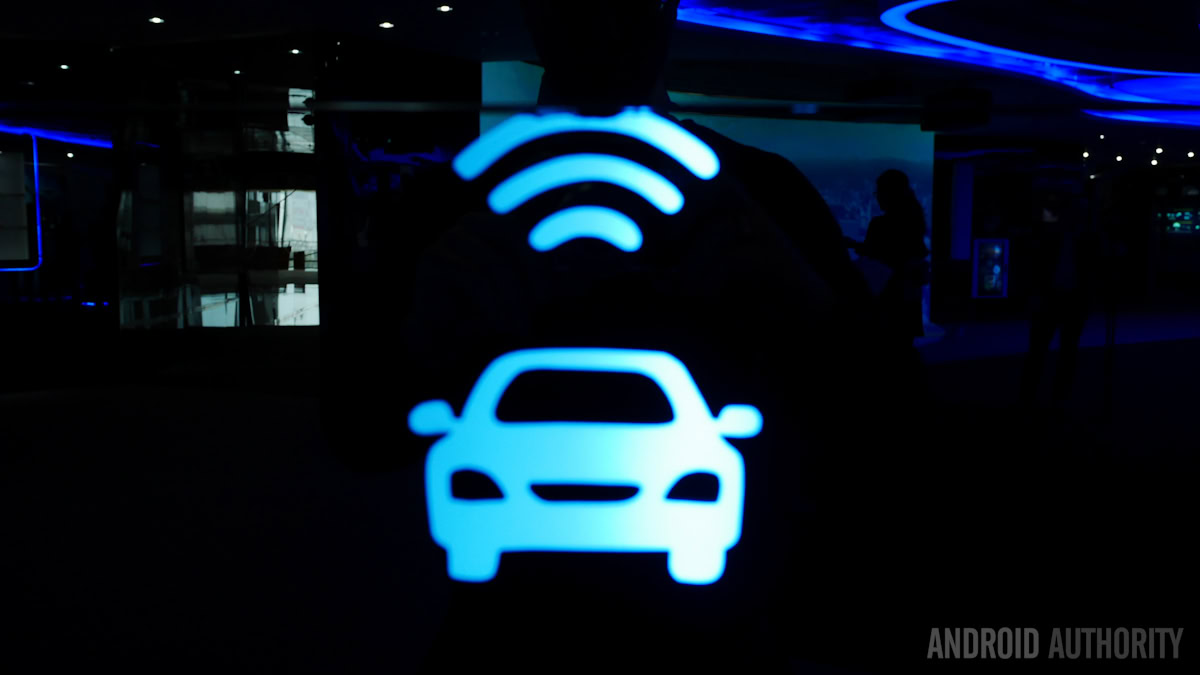
At the moment, 4G speeds are good for streaming video to your phone on a cellular wireless network. However, the promise of faster 5G speeds could cause a lot of new and innovative businesses and products to launch in the next several years. There’s speculation that 5G wireless speeds could make driverless, automated cars more commonplace. 5G hardware could be used by those cars to connect to other vehicles, as well as other sensors built around or even below roads so cars will know where all the other vehicles are on the streets.
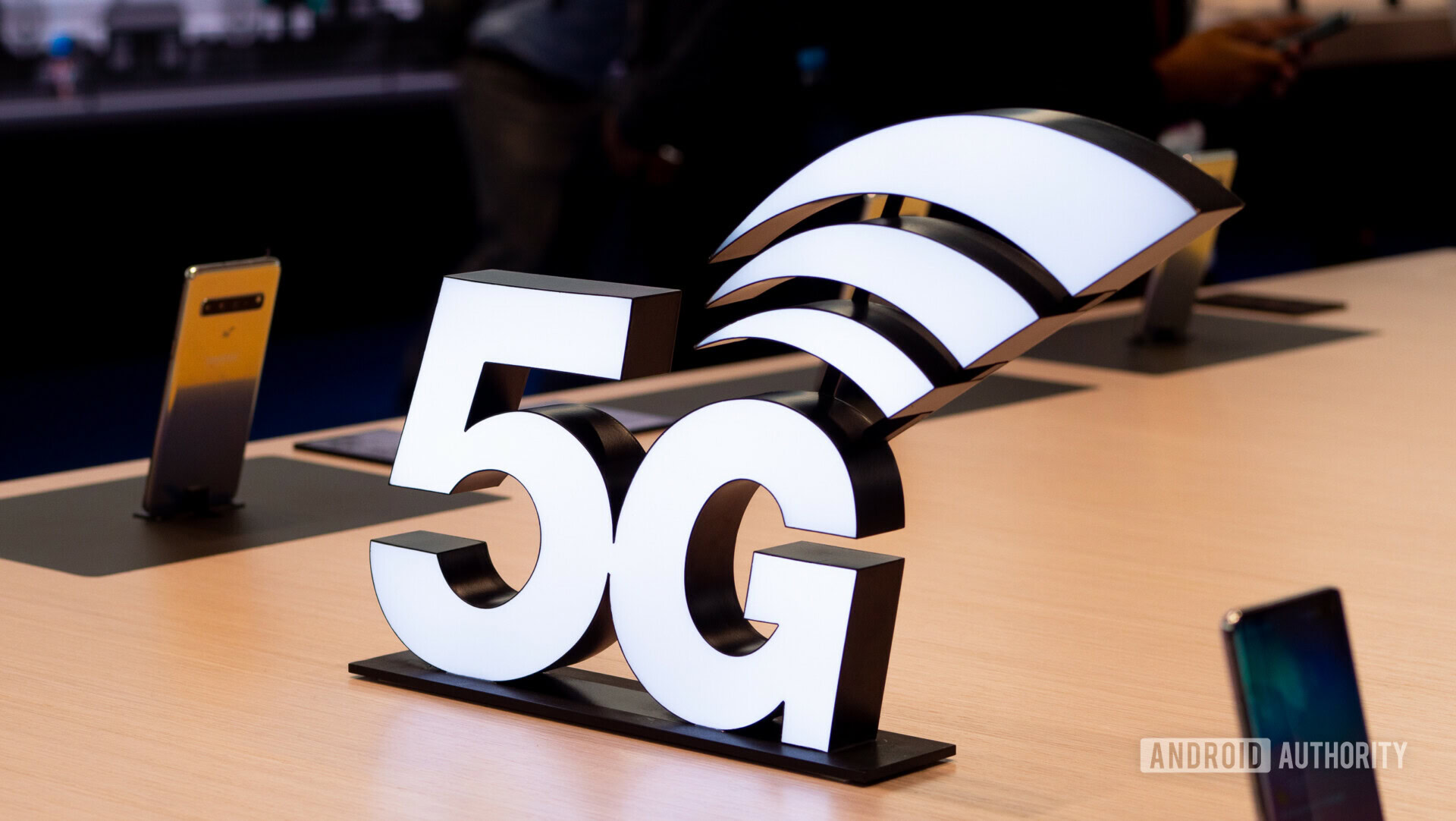
Some have speculated that 5G technology could be used for remote control of devices, including robots that could serve as a surgeon’s tools controlled by a doctor that’s many miles away. The promise of true wireless home broadband internet will likely be closer with 5G technology as well. As always with these kinds of new or upgraded technologies, there will undoubtedly be applications that will use 5G speeds that have not yet been thought of.
If AT&T does decide to limit the top 5G speeds to a higher priced tier, that means businesses that would need the fastest speed possible would have to pay more, and that means less money for them to develop new and cool products and applications that might need the fastest 5G network speeds. The final result would be a slower implementation of 5G-based products in the marketplace. AT&T needs to encourage that kind of business from growing so it can also expand its own 5G plans.
AT&T could create semi-tiered plans for 5G for consumers without limiting speeds
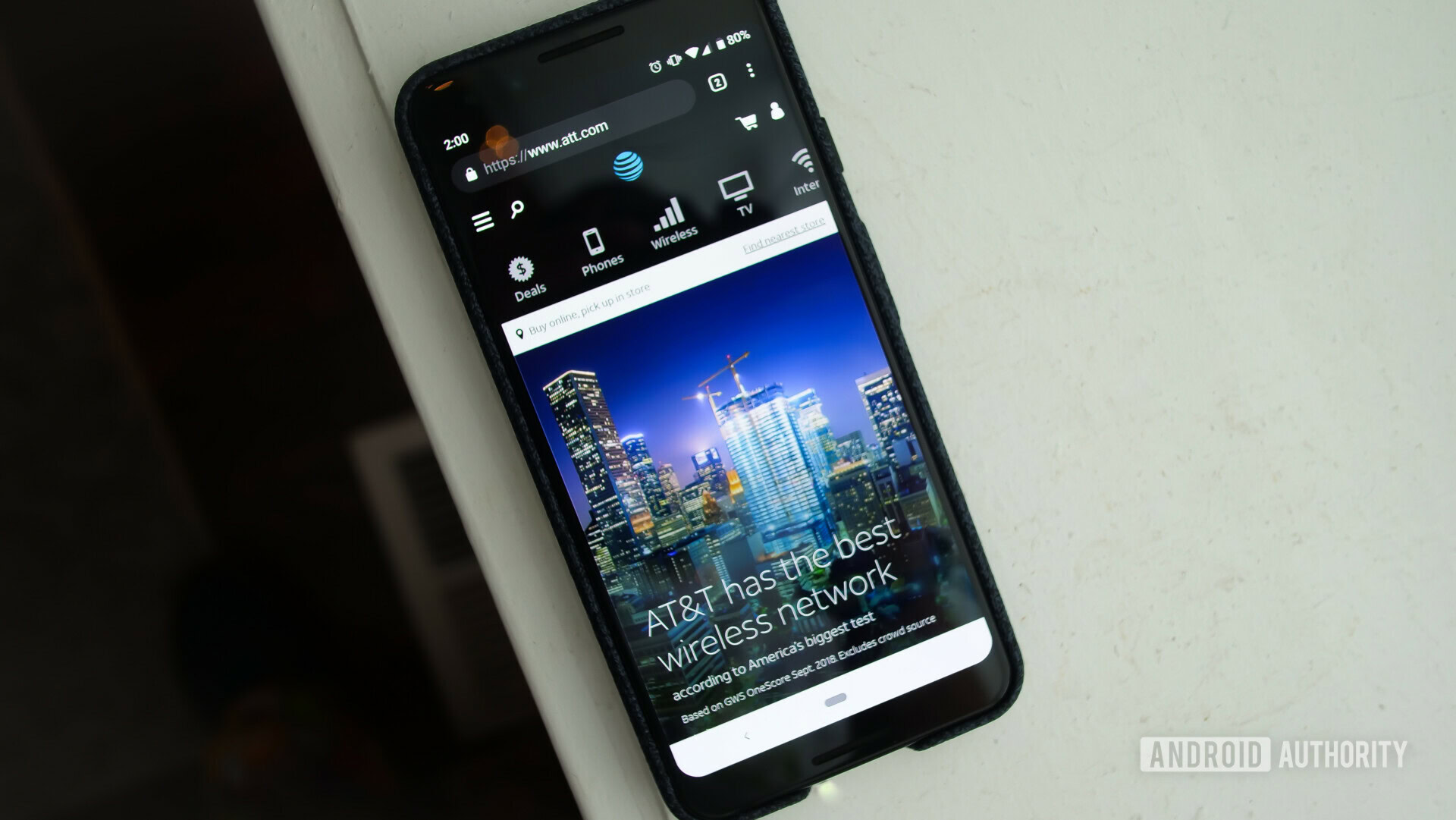
There’s another way that AT&T could create a 5G business plan that allows consumers to get the fastest speeds possible for some applications but limit download speeds for others. In fact, AT&T already has such a system in place for its 4G plans. In the company’s current unlimited wireless plans, you have to pay more to stream video at 1080p resolution. A similar solution could be used for its 5G pricing plans. It’s likely that video streaming could go up to 4K resolution in a 5G wireless world, and AT&T could create a plan that allows them to have the fastest 5G speeds for other applications, but limits them for items like video streaming that might take up more bandwidth.
Are we worried for nothing?
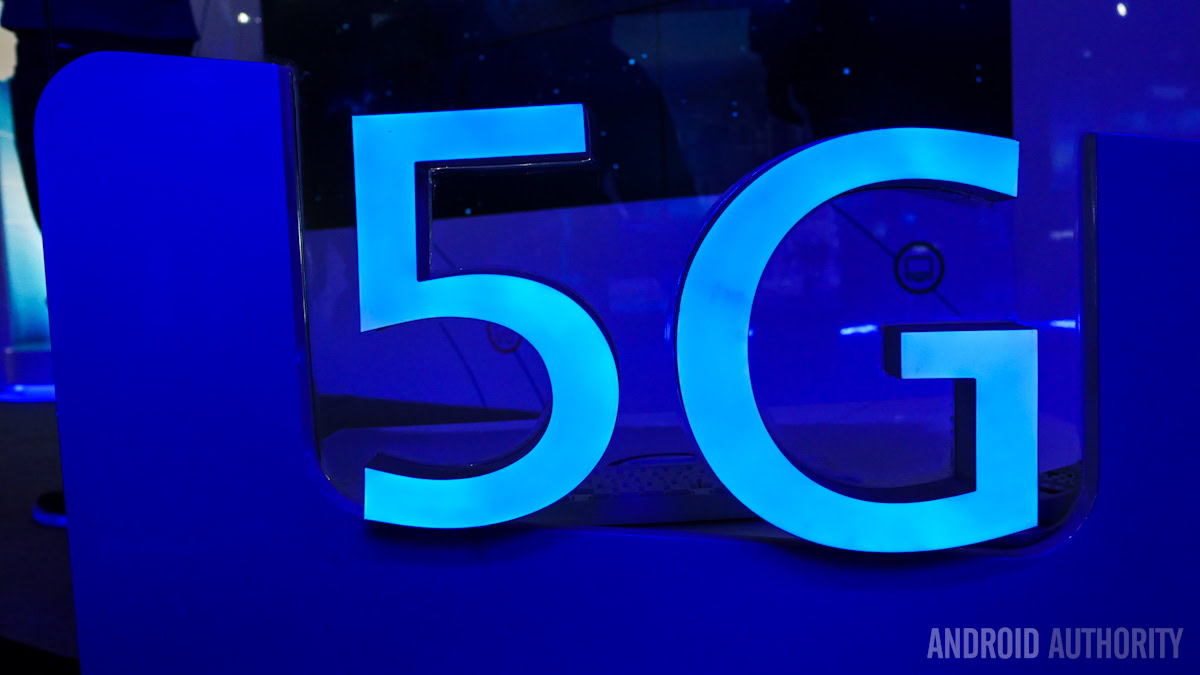
As we mentioned at the top of this commentary, it’s still very early days for 5G in the U.S. Wireless carriers change their business plans all the time (remember when AT&T and Verizon ditched offering unlimited data plans a few years ago, then brought them back in 2017?). As 5G evolves, we will see AT&T and other carriers figure out what’s best for their business, and hopefully, those plans will align with what’s best for their customers. Limiting the fastest 5G speeds to a select few with the money to spend sounds like it won’t benefit most people, and we think AT&T and the other major wireless providers will realize that, too.